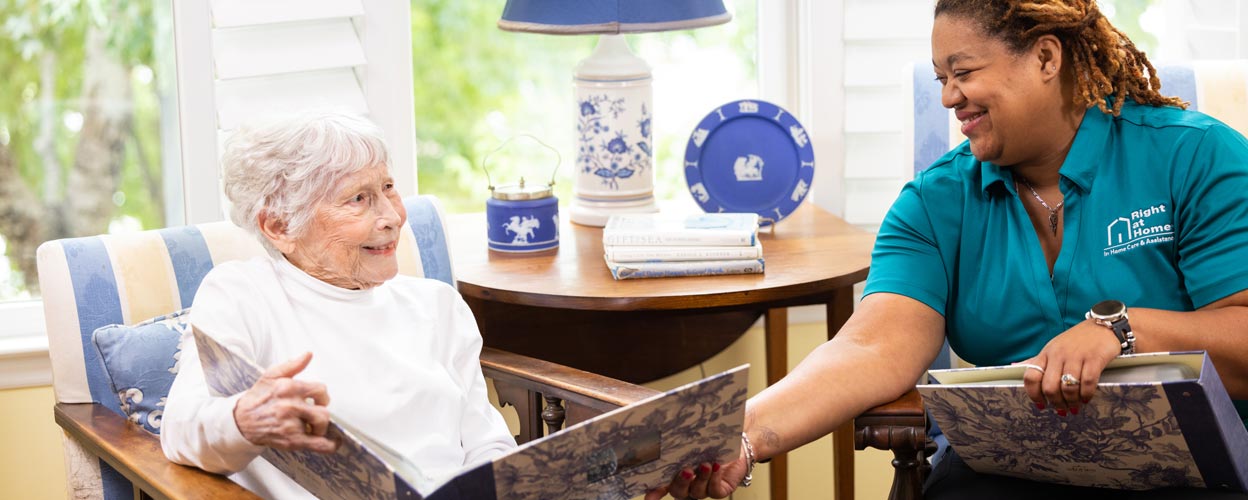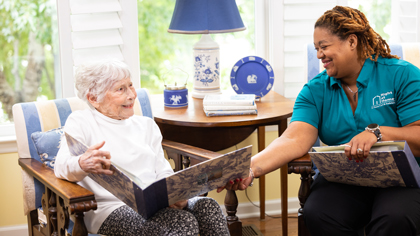

Ways to Pay for Home Care
As seniors and their families continue to choose in-home care over more expensive nursing homes and assisted living facilities, it is wise to explore affordable ways to pay for at-home care.
Several financial options are available, including:
Private pay
Many individual clients and/or their families pay for home care from their own assets, investments or savings. Some family members each contribute to together pay for their loved one’s caregiver costs. Liquidating possessions that a senior no longer uses such as vacation homes, vehicles, boats, land, livestock, etc. is another source of finances for home health care. Accessing equity in the loved one’s home is also a common financing option.
Private insurance
Some long-term care insurance policies do cover in-home care. Another avenue to consider is converting a life insurance policy into cash to help offset senior home care.
Public benefit programs
If your loved one lives on a limited income with few assets, he or she may qualify for home care assistance through Medicaid, veterans’ benefits, Program of All-Inclusive Care for the Elderly (PACE) or State Health Insurance Assistance Program (SHIP). Check with Medicaid about PACE and in-home care beyond acute, short-term care. You may also want to talk with a SHIP counselor in your state (some programs use a different name, but they are still part of the SHIP network.) Your local Area Agency on Aging is another helpful resource for at-home care coverage.
Volunteer assistance
To offset elder care costs, some family caregivers recruit the occasional help of volunteers from a local church, nursing school or high school or college community service programs. A volunteer typically handles errands and chores while a licensed, professional home caregiver provides the more extensive, difficult home healthcare needs.
Veterans Aid and Attendance (A&A)
Veterans and their surviving spouses who require the regular aid and attendance of another person (for activities of daily living such as bathing, dressing, medication monitoring, etc.) may qualify for a special veterans Aid and Attendance (A&A) benefit, in addition to a monthly pension. Military service qualifications include the following: At least 90 days of active duty, but need not have served in combat; one day of active duty during a period of war; or discharged from service under conditions other than dishonorable. Assets are included in the equation for eligibility, with exclusions for personal property such as the veteran’s home or vehicle. Veteran applicants must pass a complicated “Income and Asset Test.” Your local Right at Home office may be able to help you with the application process by putting you in contact with a VA-accredited claims agent. For additional A&A information, visit the U.S. Department of Veterans Affairs website.
Need help right now? Call us anytime at
(212) 877-2273
Award Winning Home Care

2017 | 2018 | 2019 | 2020
2021 | 2022 | 2023 | 2024